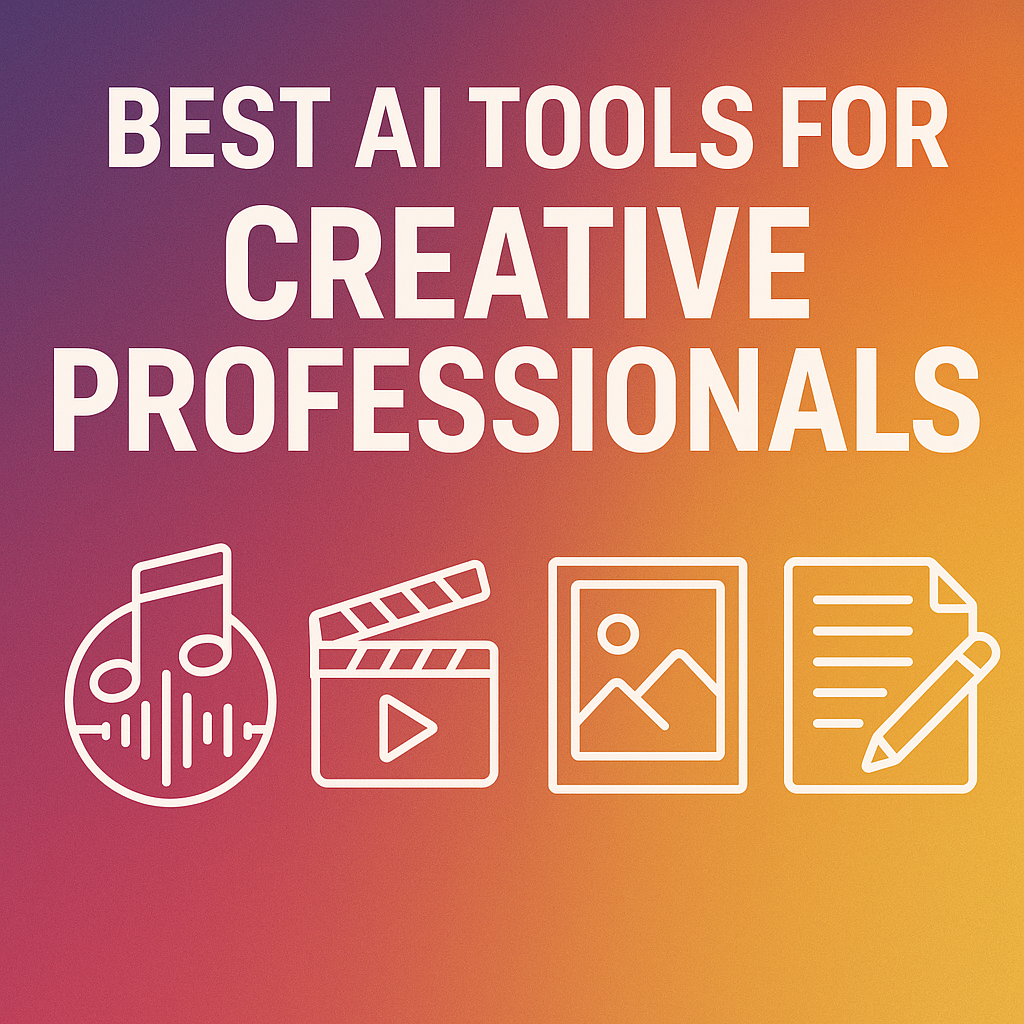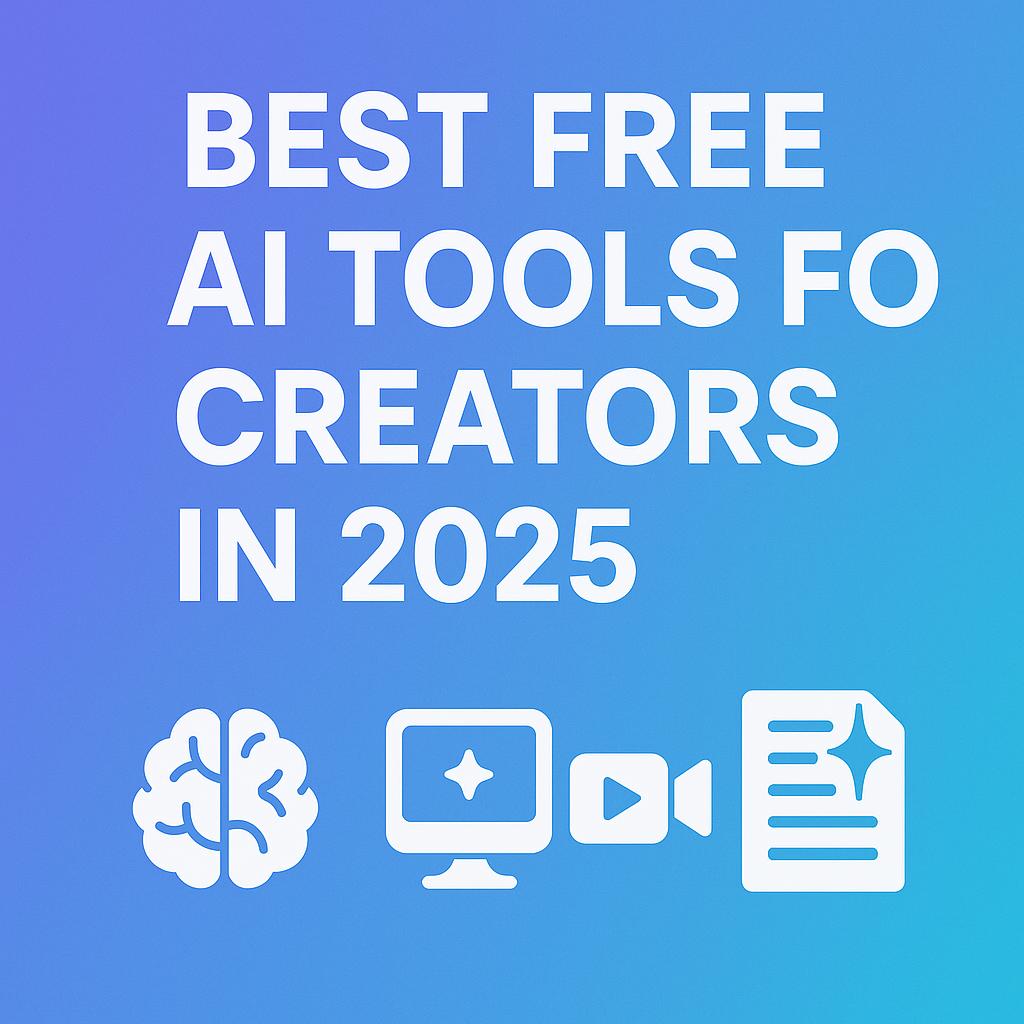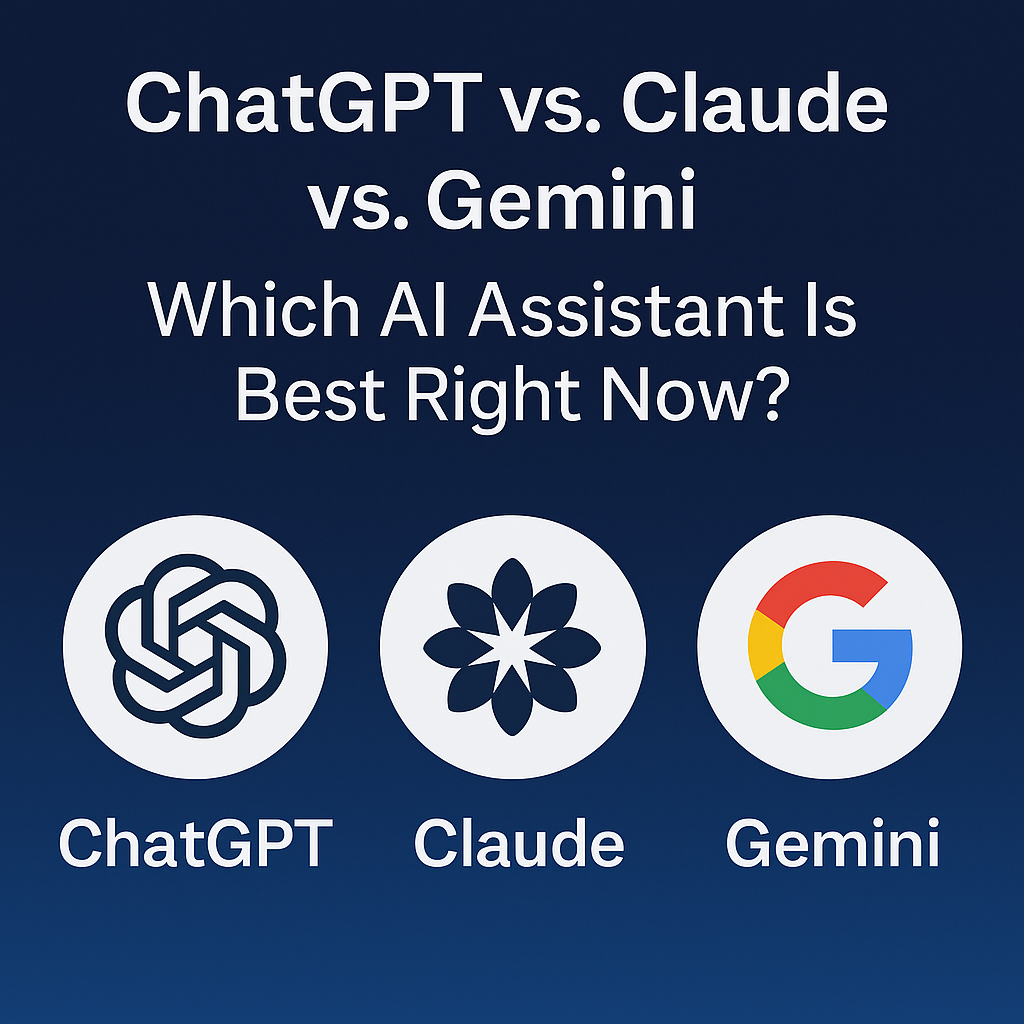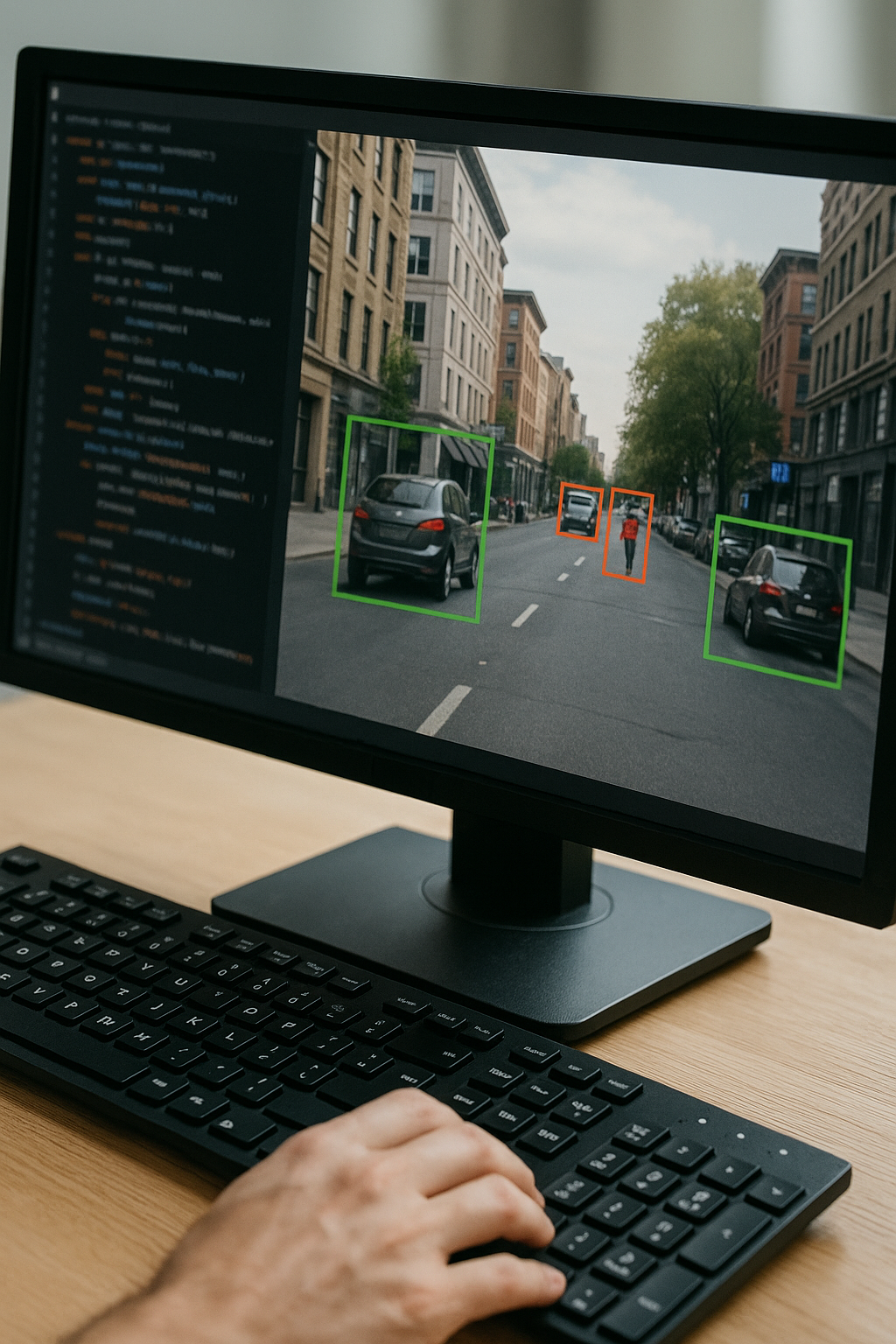Navigating the Moral Landscape: Unveiling the Ethical Implications of AI

Examples of Ethical AI Dilemmas in the Real World
Artificial intelligence's ethical ramifications are tangible choices that have practical applications. Should face recognition software driven by AI be used by law enforcement, for example, even though it might violate someone's privacy and the right to due process?
Should artificial intelligence algorithms be used to choose college applicants or job candidates, so limiting opportunities and maybe reinforcing existing biases? In the case of AI-powered medical diagnosis, where a machine might decide to change a person's life, how should we handle the ethical issues?
Using AI for Positive Social Change
Notwithstanding these difficulties, artificial intelligence has enormous promise for advancing society. AI has the potential to enhance environmental protection, healthcare, education, and poverty alleviation.
AI can help with medication research, diagnosis, and treatment planning in the healthcare industry. In the educational sector, AI helps customise student support and learning experiences. Artificial intelligence (AI) has the potential to improve resource management, forecast natural disasters, and create sustainable solutions.
By giving people access to opportunities, services, and information, AI may also empower people individually and as a community. AI-driven language translation tools can facilitate cross-cultural communication, and microloans with AI capabilities can assist entrepreneurs in launching their ventures.
An Appeal for Group Action
Globally, people, groups, and governments must work together to address the ethical issues raised by AI. Prioritising ethical issues will help AI engineers make sure that their products respect human values and don't make social injustices worse.
For consumers to make wise decisions about the AI products they use, they need to be empowered and informed. To guarantee ethical AI development and application, governments need to set up legal frameworks and fund research.
We must work to minimise the hazards associated with AI while maximising its potential benefits as we traverse its moral landscape. We can make sure that AI becomes a force for good, forming a future that is just, equitable, and sustainable, by adopting ethical values, encouraging transparency, and advocating human control.











